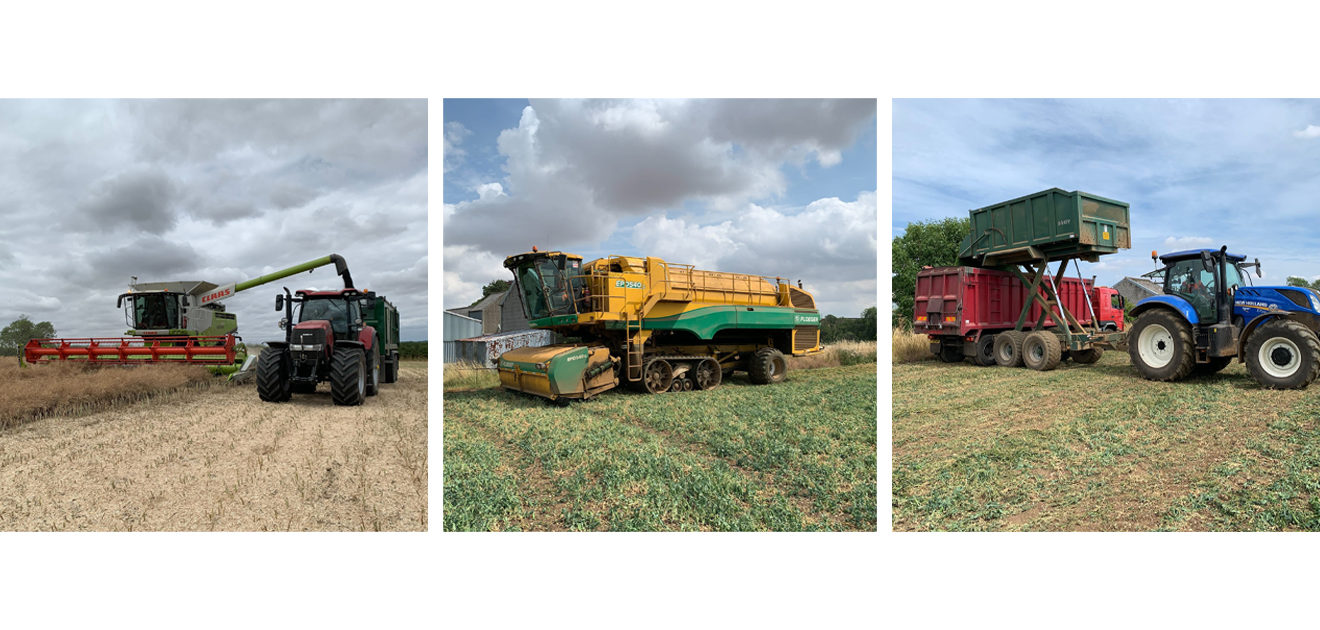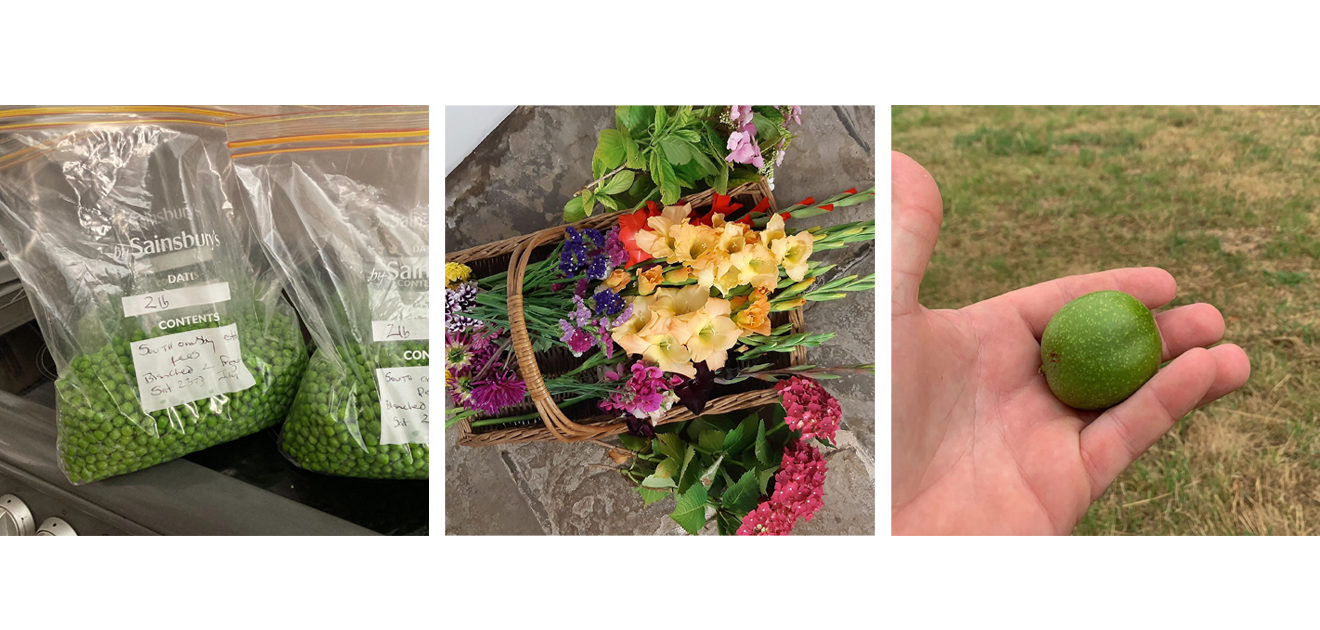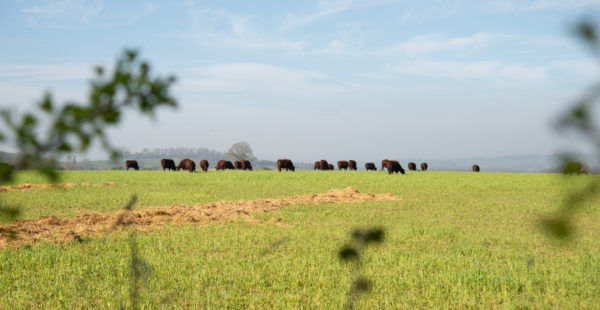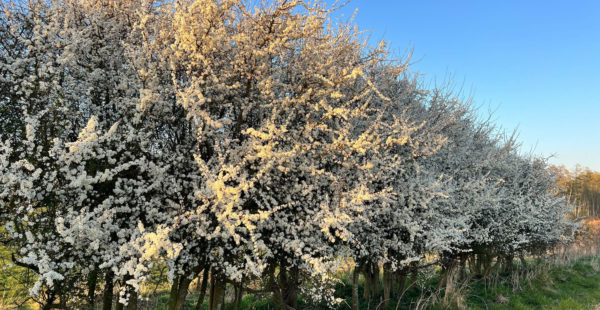A Week on the Estate: Dry Year, Early Harvest & Peas Please
There’s never a dull moment in farming. After last week’s record-breaking heat, we’ve enjoyed this week’s cooler temperatures and a handful of rain showers has been gratefully received. That said, dry weather has been the story of 2022 and has proved challenging for arable farmers everywhere.
According to the Met Office, the first six months of 2022 were the driest in England since 1976. This dearth of rain has been particularly acute east of the Pennines. If you live in our region, and particularly if you’re a gardener, you’ll have noticed how hard and parched the ground has become.
While domestic consumers generally remain unaffected by the below-average rainfall, dry soil, low groundwater levels and the prospect of at least one more month without significant precipitation will keep things interesting for farmers. Our harvest season is already underway and it’s a fair bit earlier than last year.







